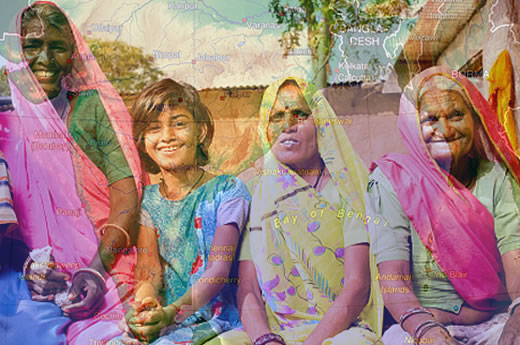In December 2011, Unjali Gujral completed a rotation with a research team collecting data on diabetes in Chennai, India.
This fall, she returns there as a Fulbright scholar to build on that work.
A doctoral student in nutrition and health sciences at Rollins School of Public Health, Gujral will explore whether the onset of type 2 diabetes and prediabetes occurs earlier in Asian Indians than in ethnic groups in the United States.
 | |
| Unjali Gujral |
"It is important to me to put faces with my data," says Gujral, who was born in California but whose parents come from New Delhi. "I want to become familiar with the people with whom I’m working and build strong relationships with our collaborators in India."
The prevalence of type 2 diabetes in Asian Indians is extremely high and continues to rise rapidly. Earlier studies have placed the onset of type 2 diabetes at younger ages in Asian Indians than in other ethnic groups. But these studies, some now more than 20 years old, were conducted with Asian Indian populations living in developed countries. That makes it difficult to tease out whether the age of onset was a result of genetics or environmental factors such as physical inactivity or consumption of a Western diet, says Gujral.
The Fulbright scholar will spend nine months at the Madras Diabetes Research Foundation (MDRF), analyzing data from an ongoing study in Chennai, an urban setting with a diverse socio-economic population and high diabetes prevalence. She’ll compare those results with findings from the U.S. National Health and Nutrition Examination Survey, conducted between 2009 and 2010, to assess the health of Hispanics, blacks, and whites in the United States.
Gujral also will focus on diabetes prevention and conduct diabetes awareness classes at MDRF twice a month. Understanding why Asian Indians develop type 2 diabetes and their age at onset can have a significant impact on prevention and diagnostic efforts, she says. "It could benefit the nation’s health and economy overall and ease the burden of diabetes in India."

